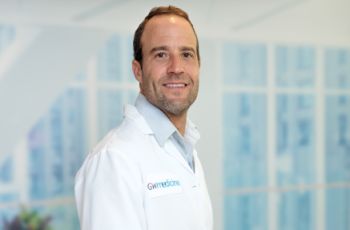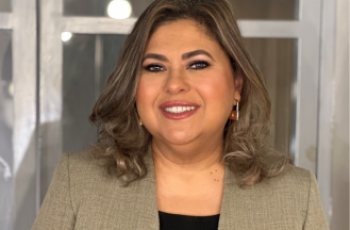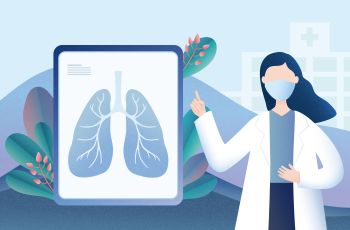Michelle Venus
When journalist and environmental author Tatiana Schlossberg publicly shared her diagnosis of acute myeloid leukemia (AML), she put a spotlight on a rare but aggressive blood cancer. Hematologist/oncologist Amarendra Neppalli, MD, shares vital information about this disease.
Aim to eat 30 different plant foods over the course of a week. Yes, you read that right. 30 in 7.
Nutrition is often the first place people look when setting New Year’s resolutions, and for good reason. What we eat plays a powerful role in how we feel day to day, and over time, it can influence our risk for chronic disease, including cancer. That means focusing on sustainable habits, not short-…
Caring for yourself is not about perfection. It is about showing up for your body, your mind, and the people who depend on you, one small step at a time. Start with nutrition, one of the Six Pillars of Lifestyle Medicine.
After surviving cancer and reaching his five-year remission milestone, Richard Kraus found the courage to pursue a lifelong question: Could he become an artist? His journey through treatment gave him more than just a second chance at life. It opened the door to creativity, self-discovery, and…
As we look ahead to a fresh new year, there’s one step you can take right now to invest in your long-term health: scheduling your annual cancer screenings. These routine tests remain some of the most powerful tools in preventing cancer or detecting it early, when treatment is most effective and…
When Micael Lopez-Acevedo, MD, stepped back onto the George Washington University (GW) campus, it felt like a return to familiar ground. Years earlier, he had been part of the GW Cancer Center community, working closely with faculty, trainees, and researchers. Now, as the new Division Director of…
From her father’s illness to groundbreaking clinical trials, Dr. Nagla Karim joins GW with a mission to advance lung cancer treatment and compassionate, whole-person care.
When actor and long-time television doctor James Pickens Jr. stepped into his own physician’s shoes, he faced a reality familiar to many men: a prostate cancer diagnosis. After decades playing Dr. Richard Webber on Grey’s Anatomy, he learned that his personal risk, shaped by family history and race…
Every year, thousands of women make an appointment for a mammogram, taking an important step to protect their health. According to Sora Ely, MD, a thoracic surgeon at the GW Cancer Center, that same visit is also an opportunity to discuss lung cancer screening.










